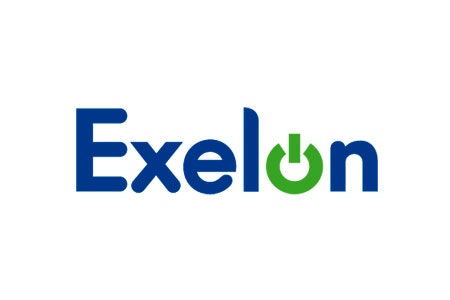It’s been a rough five years for Exelon Corporation (NYSE:EXC).

After a plunging share price was coupled with a dividend cut, is there any reason to buy into this beaten-down utility?
Export terminals, natural gas, and the fate of nuclear power…
Back in February, Exelon Corporation (NYSE:EXC)’s CEO Christopher Crane had the following to say:
“Right now at our nuclear sites, we’re continuing to see depressed prices at points of the day, and we’re actually seeing negative prices, which drives us to have to pay to generate power. That’s not a sustainable business model…”
Mr. Crane also explained that he expected natural gas prices to increase by 2015, which would help increase the profitability of his company tremendously as well:

While increasingly expanding into gas, Exelon Corporation (NYSE:EXC)‘s portfolio is still heavily concentrated in nuclear. This is part of the problem in today’s electricity market. Being the owner of the largest amount of nuclear power plants in the U.S. has stunted Exelon’s earnings, as gas prices dropped along with power prices, leaving the company operating its expensive plants in an environment where competitors utilizing gas and cheaper forms of power generation seem to be doing just fine.
The drop in power prices has erased over $31 billion from the company’s market value over the last five years according to Bloomberg.
Even worse, according to Bloomberg, analysts with Deutsche Bank Securities recently downgraded the company from a ‘Buy’ to a ‘Hold’ rating after announcing that they expect a significant haircut to Exelon Corporation (NYSE:EXC)‘s profits by 2016, citing:
“We are stepping to the sidelines as we cannot ignore the thesis-altering implications of Friday’s PJM capacity auction results…”
Cheaper power from neighboring markets was blamed for the PJM capacity price drop starting in June 2016.
So, is there any hope?
Natural gas prices being cheap and flat have been a devastating thorn — or better yet a dagger — in Exelon Corporation (NYSE:EXC)‘s side for the last five years, but this may soon change. While gas-fired plants are currently able to sell electricity cheaper as the prices of gas are incredibly cheap, this may change if more export terminals to ship gas overseas are approved.
Exporting will theoretically relieve the current glut in natural gas, as well as increase its price. Why is this good for Exelon? Because increasing gas prices will lead to increasing electricity costs. This will not, however, lead to any increased operating costs for Exelon’s nuclear plants. Therefore, all the natural gas-induced price increases will fall directly to Exelon’s bottom line.
Are export terminals coming?
Export terminals in the United States are a rarity, and for a while, Cheniere Energy, Inc. (NYSEMKT:LNG), had a monopoly on them with its Sabine Pass export terminal in Louisiana. Cheniere’s export terminal was conditionally approved in May of 2011, for a rate of about 2.2 billion cubic feet a day. Cheniere has also recently received the “thumbs up” to expand and build its third and fourth gas liquefaction plants adjacent to its export terminal.
Cheniere plans to make its first LNG deliveries as soon as late 2015, exporting primarily to customers in Asia and Europe. As of now, construction of the company’s first two plants, or “trains” are at about 30% of completion. And it now has competition coming into play as well.





